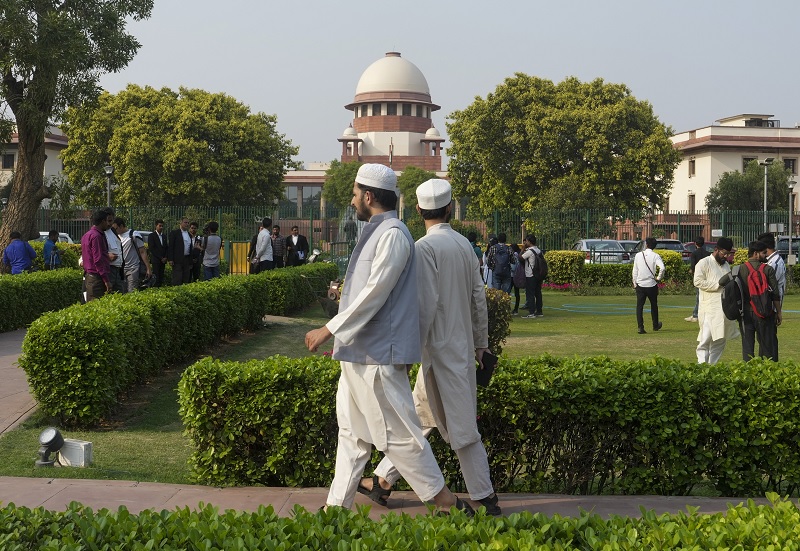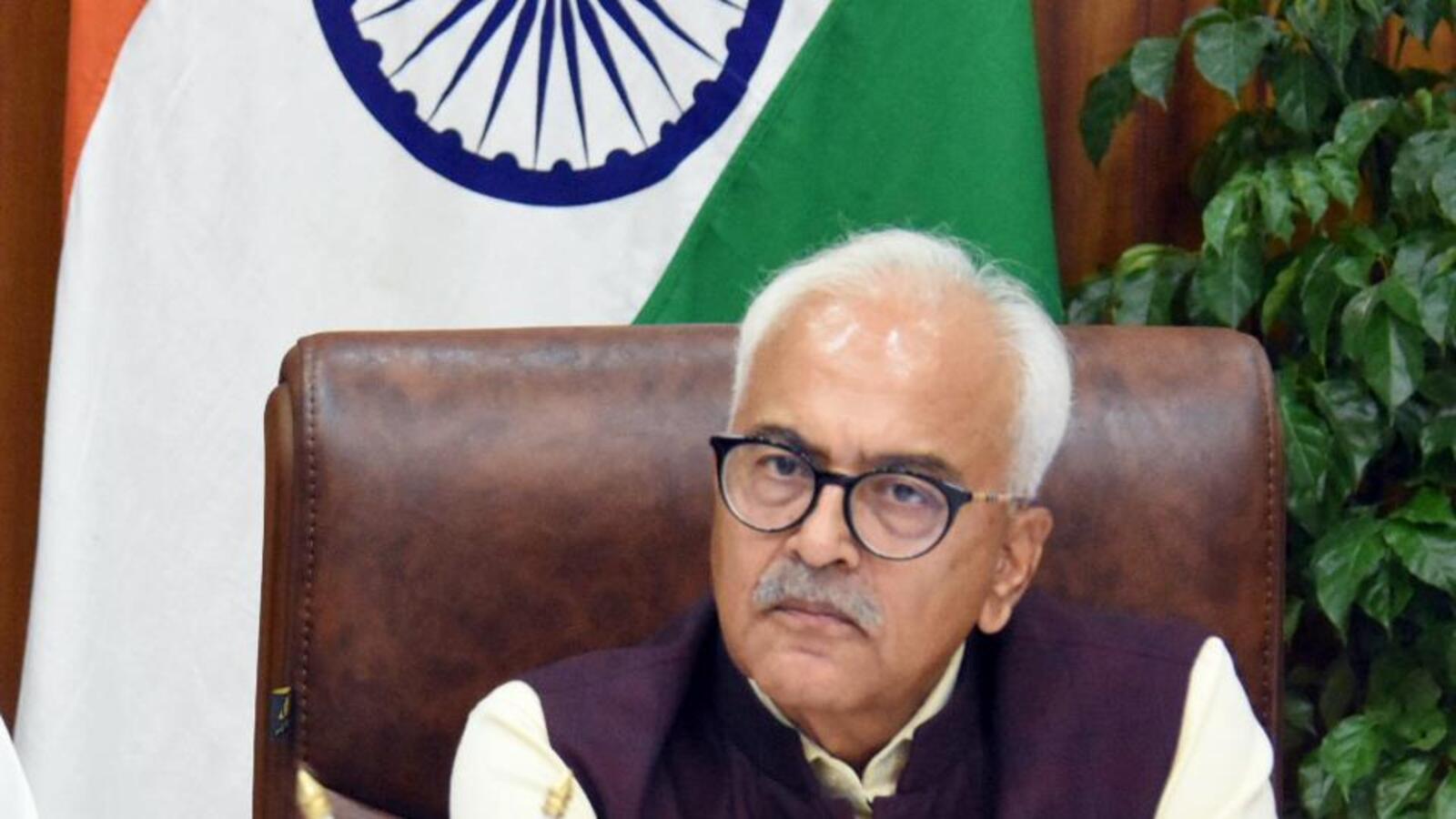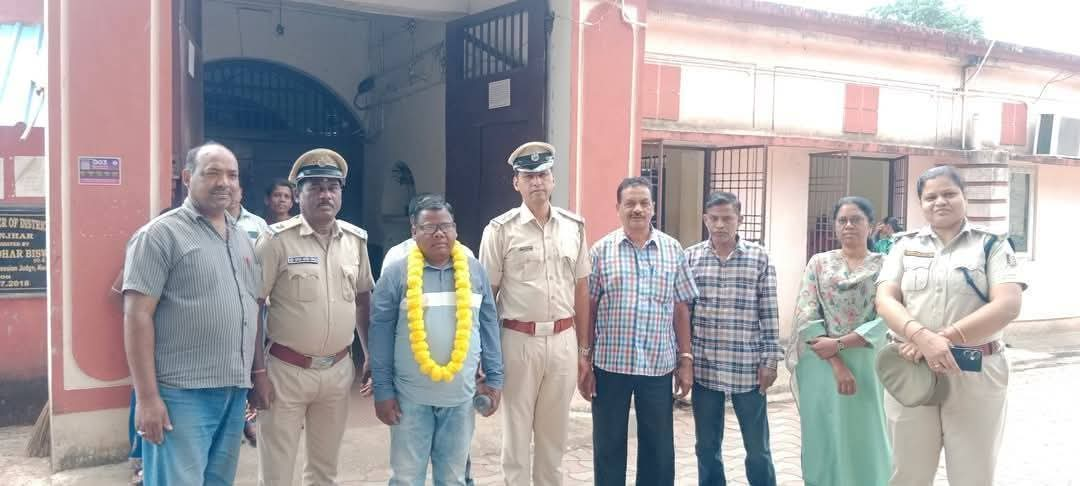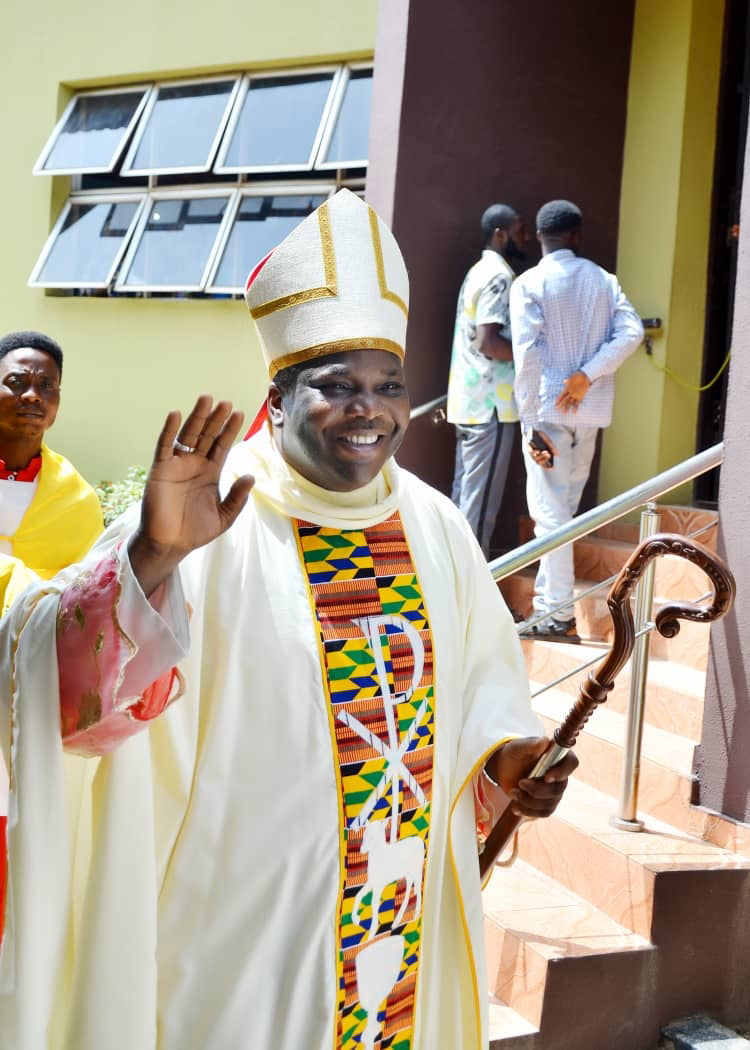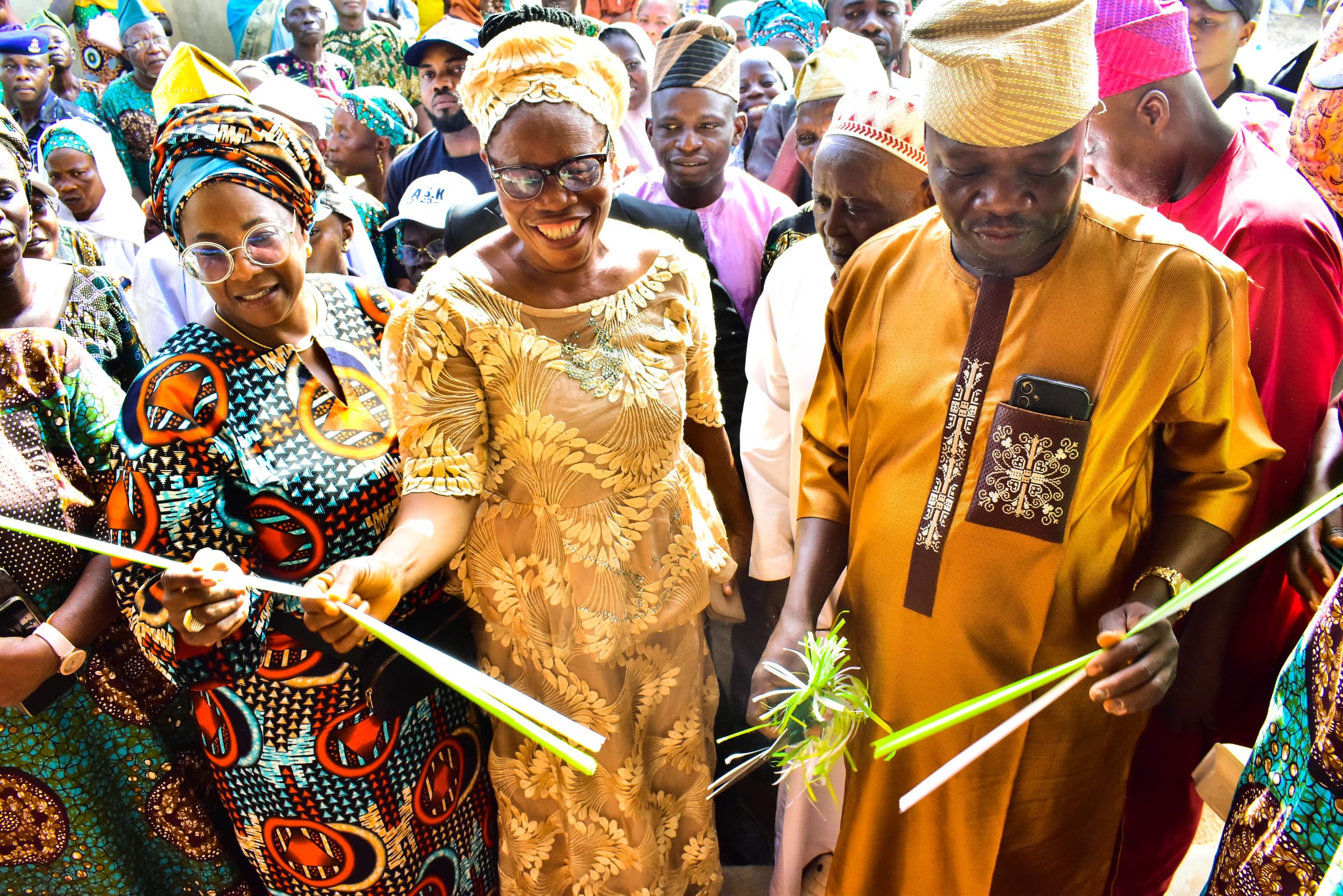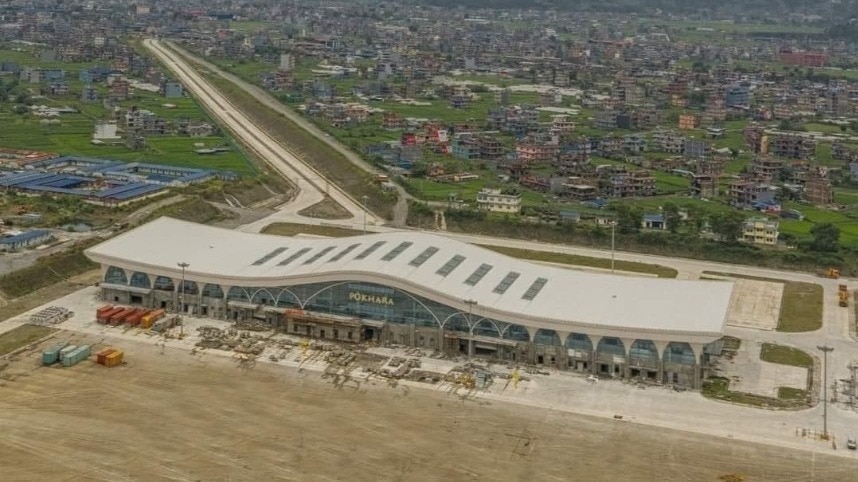PTI, NEW DELHI, APRIL 17, 2025 : The Supreme Court on Thursday recorded the Centre’s assurance that neither waqf properties, including “waqf by user,” will be denotified nor appointments will be made to the Central Waqf Council and boards till May 5. The Centre strongly opposed the Supreme Court’s proposal to pass an interim order against the denotification of waqf properties, including ‘waqf by user’, aside from staying a provision allowing the inclusion of non-Muslims in the central waqf councils and boards.
“During the course of hearing, Solicitor General Tushar Mehta states that the respondent (Union of India) would like to put in a short response within seven days. He further states and assures that till the next date of hearing, no appointments will be made to the council and boards under sections 9 and 14 (of the Act),” the bench said. Mehta, the court recorded further, had also said that till the next date of hearing, waqf properties, including ‘waqf by user’ already registered or declared by way of notification, shall not be disturbed and denotified.
A three-judge bench comprising Chief Justice Sanjiv Khanna and Justices Sanjay Kumar and K.V. Viswanathan was urged by the Solicitor General, appearing for the Centre, that a law passed by Parliament “with due deliberations” should not be stayed without hearing the government. The bench then granted a week’s time to the Centre to file a preliminary response to the pleas challenging the validity of the contentious Waqf (Amendment) Act, 2025, and posted the matter for May 5.
“If your Lordships will say something about ‘waqf by user’, what will be the fallout?” Mehta said. He added: “We, as a government, and Parliament, are answerable to the people.” The CJI said if the registration of any waqf property had taken place under the erstwhile 1995 Act, then those properties can’t be denotified till further hearing.
The apex court, while hearing the matter on Wednesday, proposed to stay certain key provisions of the Act, including the power to denotify properties declared as waqf by courts and the inclusion of non-Muslims in the central waqf councils and boards.
On Thursday, Mehta asked whether the court might consider staying, directly or indirectly, the Act based upon some prima facie or tentative reading of some of the sections. “If your Lordships are going to stay a statutory provision,” Mehta said, “it by itself is rare. We will have to take your Lordships to the history of legislation, followed by amendment.”
The Solicitor General said the government received several representations, which ultimately resulted in the amended Act. Opposing the stay, the law officer referred to certain instances and said private properties were usurped as waqf in several places. Terming it a “considered piece of legislation,” Mehta said the pleas were filed before the Presidential assent and taken immediately by the bench.
“We are not deciding the matter finally,” the bench said. Mehta argued staying the provisions of the Act may be a “harsh step” and said the government should be allowed to place its preliminary reply. “Allow me to place within a week my preliminary reply with some materials, documents, and statutes to show,” he said, adding, “And in one week, nothing will change.”
Senior advocate Rakesh Dwivedi, representing a state government, said, “Heavens are not going to fall if the interim order is not passed for a week or so.”
On Wednesday, the bench was miffed over the inclusion of non-Muslims in the central waqf council and boards and asked the Centre whether it was willing to include Muslims in Hindu religious trusts. The CJI had proposed to issue the notice and to pass an interim order, saying it will “balance the equities.

